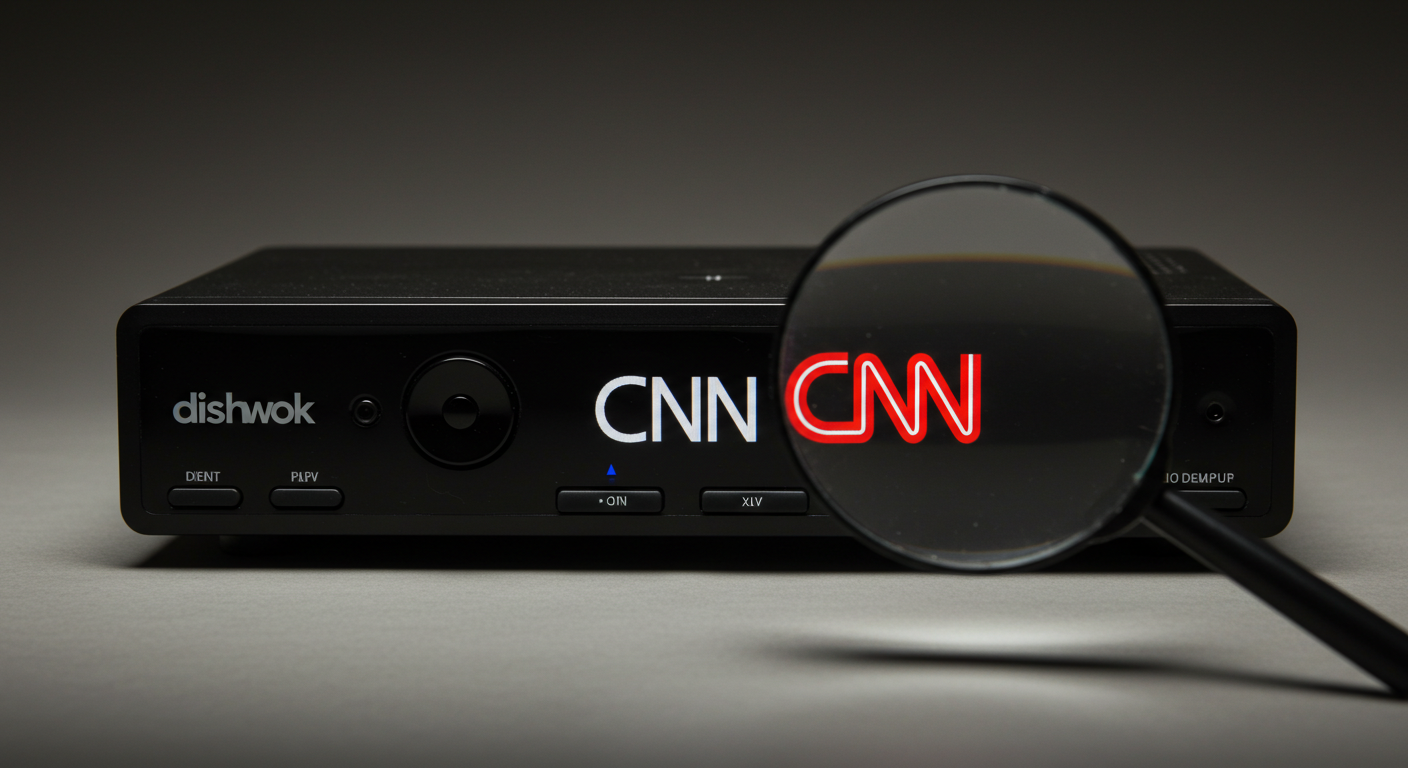Businesses are under growing pressure to take a stance on social and political problems in the connected world of today. Fast Food Chains Supporting Palestine not an exception, given their global presence and impact. A brand’s reputation can be improved among some groups and alienated from others by supporting issues like Palestine. Because of this dichotomy, the subject is both intriguing and contentious.
1. McDonald’s: A Mixed Bag of Support
Fast Food Chains Supporting Palestine restaurants in the world, McDonald’s, has come under fire for their position on Palestine. Although the company has not formally supported any political cause, several franchisees in nations with a majority of Muslims have shown support for Palestine. For example, the profits from McDonald’s restaurants in Malaysia and Indonesia have been donated to aid operations in Palestine.
Positive Attitude: Pro-Palestine activists have hailed these measures, seeing them as a step in the direction of corporate accountability.
Negative Sentiment: Nevertheless, detractors contend that this support is erratic because other McDonald’s restaurants in Western nations have either said nothing or even rejected these programs.
2. Burger King: Standing with Palestine
Burger King has garnered media attention for its backing of Palestine, especially through its Middle Eastern outlets. When Burger King Israel opened a location in a West Bank settlement in 2021, it sparked protests and boycott calls. Burger King restaurants in nations like Jordan and Lebanon responded by openly separating from the Israeli location and expressing support for Palestine.
Positive Attitude: Pro-Palestine advocates applauded this action, viewing it as a daring protest against occupation.
Negative Sentiment: Conversely, the issue underscored the dangers of taking a political stance and hurt Burger King’s brand in several areas.
3. Domino’s Pizza: A Quiet Supporter
Although Domino’s Pizza has not released any formal statements on Palestine, several of its franchisees have donated to charities in support of the cause. For instance, Domino’s restaurants in Turkey have made donations to charities that support Palestinians.
Positive Attitude: People who value humanitarian assistance have shown gratitude for these initiatives.
Negative Sentiment: Detractors contend that such acts lack effect and sincerity in due to the absence of a clear, cohesive corporate position.
4. KFC: Balancing Act
Like many international fast food restaurants, KFC has locations throughout a wide range of nations with different political environments. Some KFC locations in the Middle East have taken part in fundraising efforts for Palestinian causes, despite the fast food chain’s professed lack of support for Palestine.
Positive Attitude: Local communities and pro-Palestine activists have embraced these projects.
Negative Sentiment: Nevertheless, KFC has been accused of opportunism due to its lack of a cohesive corporate position, with some contending the company is attempting to please both sides.
5. Subway: A Subtle Approach
Subway’s support for Palestine has been more subdued. Individual franchise owners in nations like Pakistan and Egypt have arranged contribution campaigns and fundraisers for Palestinian relief efforts, despite the company’s lack of official remarks.
Positive Attitude: The genuineness and communal emphasis of these grassroots initiatives have been commended.
Negative Attitude: Nevertheless, the absence of a corporate-wide campaign has prompted complaints that Subway is not contributing enough to the cause.
6. Pizza Hut: A Controversial History
Pizza Hut has a complicated relationship with the Palestine problem. Although the company has not made a formal statement, a number of its franchises have been embroiled in disputes. For example, Pizza Hut Israel has faced boycotts in other nations due to allegations that it supports settlements in the West Bank.
Positive Attitude: In response, campaigners have praised Pizza Hut franchises in nations like Malaysia for openly supporting Palestine.
Negative Sentiment: Its contradictory position has drawn criticism and demands for more openness.
7. Starbucks: A Surprising Ally
Starbucks is noteworthy because of its worldwide reach even though it is not a typical fast food establishment. Due to its alleged support for Israel, the coffee giant has been the target of boycotts; nonetheless, some of its Middle Eastern locations have expressed solidarity with Palestine.
Positive Attitude: Pro-Palestine activists have praised these measures, viewing them as a positive start.
Negative Sentiment: Nevertheless, the contradictory messaging has caused misunderstandings and criticism, with some people blaming Starbucks of attempting to please everyone.
The Impact of Supporting Palestine on Fast Food Brands
Fast Food Chains Supporting Palestine chains may be significantly impacted by support for Palestine. On the one hand, it can improve their standing with socially conscious customers and bolster their market share in areas with a majority of Muslims. However, it may cause negative reactions in other areas, underscoring the difficulties in handling political matters as a worldwide brand.
Positive Sentiments: Why Supporting Palestine Matters
- Corporate Responsibility: Customers now anticipate that companies to voice their opinions on social and political matters. A dedication to justice and human rights can be shown by supporting Palestine.Market Expansion: Adopting a pro-Palestine position can increase sales and brand loyalty in areas like the Middle East and some parts of Asia where there is a high level of sympathy for the cause.Humanitarian Impact: By giving Palestinians much-needed relief, donations and fundraising events can significantly improve their quality of life.
Negative Sentiments: The Risks of Taking a Stand
- Backlash: Endorsing Palestine may cause boycotts and a decline in sales by alienating customers who have different opinions.Inconsistency: Individual franchise acts may come across as opportunistic or disingenuous in the absence of a cohesive corporate position.Political Complexity: Because of how divisive the Israel-Palestine conflict is, brands run the danger of becoming embroiled in a heated argument that could damage their brand.
Conclusion: The Delicate Balance of Fast Food and Politics
There is a thin line between political controversy and corporate accountability for fast food chains that support Palestine. They run serious risks, even though their acts can improve the lives of Palestinians and their brand image. The pressure on corporations to take a statement will only increase as customers’ awareness of social issues grows. It is unclear if this trend will result in significant change or more polarisation.
Supporting Palestine ultimately comes down to ethics, values, and the type of world we wish to live in, not just politics. It serves as a reminder to fast food restaurants that their impact goes well beyond the drive-thru.














